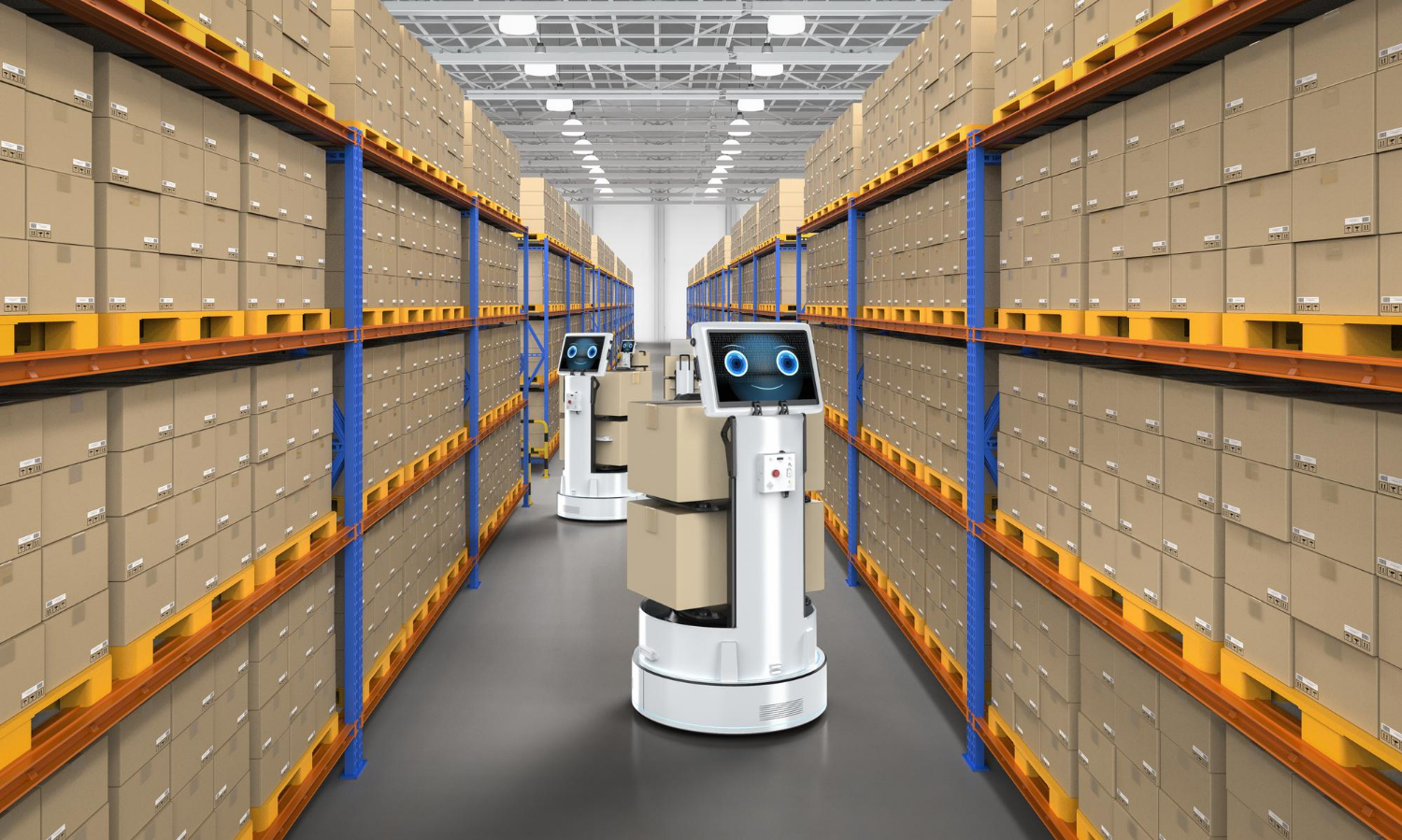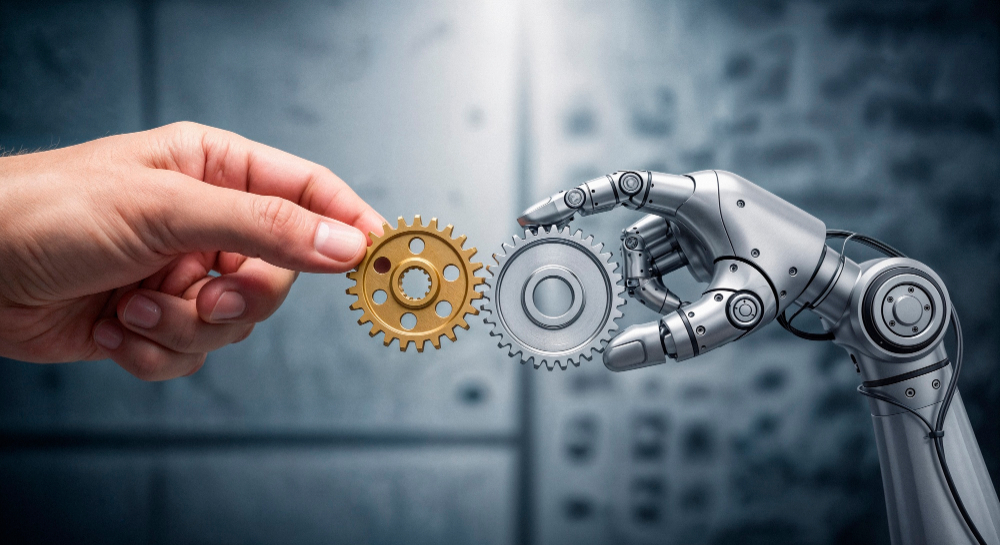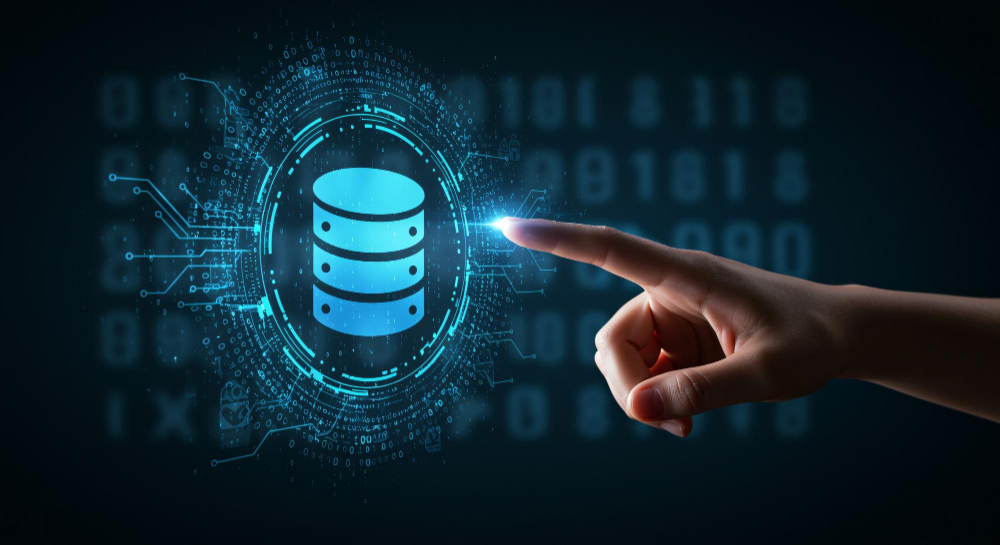- Blog
- April 19, 2024
AI in Consumer Goods Industry (Real-World Examples)

- Blog
- April 19, 2024
AI in Consumer Goods Industry (Real-World Examples)
The consumer goods (CG) industry, long reliant on established processes and brand loyalty, is experiencing a seismic shift driven by Artificial Intelligence (AI). While some view AI as a tool for streamlining operations and optimizing supply chains, the true potential lies in its ability to fundamentally transform how we develop, market, and sell products.
From Predicting Trends to Personalizing Products:
Traditionally, consumer research has relied on surveys and focus groups, offering a limited snapshot of preferences. AI, however, can analyze vast datasets of consumer behavior, social media trends, and purchasing patterns. Companies like Procter & Gamble are leveraging AI to predict future trends and develop products consumers haven’t even imagined yet. Imagine a future where your favorite shampoo automatically reorders itself based on your usage patterns, or a personalized skincare routine tailored to your specific needs.
Real-World Example:
- Williams-Sonama is leveraging AI to deliver data-driven personalization.
- Similarly, a UK-based fitness brand Gymshark has been personalizing consumer interactions, optimizing data management, and standardizing operations.
“Smart” Products are part of AI’s creation
AI is changing both how products are made and the products themselves. Now, ovens can suggest cooking tips, and fridges can make shopping lists. Imagine a coffee machine that knows just how you like your brew or a vacuum that adjusts its cleaning to your floor type. AI is bringing smarter, more personalized products into our homes.
AI-Powered Supply Chains for a Sustainable Future:
The CG industry is notorious for its environmental impact. AI can revolutionize supply chains, optimizing logistics and minimizing waste. Here’s how:
- Smart logistics: AI can predict potential disruptions and reroute deliveries, reducing transportation emissions.
- Inventory management: AI can optimize inventory levels, preventing overstocking and minimizing waste associated with expired products.
- Sustainable sourcing: AI can analyze data to identify ethical sourcing partners and track resource usage throughout the supply chain.
A Real-World Example:
- Unilever is using AI to optimize their delivery routes, reducing fuel consumption and carbon footprint. Additionally, one of its food brands Hellmann’s is using AI to cut food waste.
- General Mills has revolutionized its supply chain process. In a recent podcast organized by Gartner, Paul Gallaher, General Mills’ chief supply chain officer, confirmed that the company has reduced waste by 30% using analytics drawn from Generative AI.
Customer Experience 2.0:
The CG industry is undergoing a significant transformation in customer service. With the introduction of AI chatbots and virtual assistants, customer support has reached new heights. They provide round-the-clock assistance, offer personalized product recommendations, and ensure a seamless experience across all channels.
- AI-powered chatbots: These can answer customer queries, troubleshoot issues, and even handle returns efficiently.
- Smart product recommendations: AI can recommend complementary products based on past purchases, increasing customer satisfaction and average order value.
- Augmented reality experiences: Customers can virtually “try on” clothes or visualize how furniture might look in their homes, leading to more informed purchase decisions.
A Real-World Example:
- Traeger Grills is expanding its use of generative AI within customer service by providing agents with easier access to information and personalized recommendations.
- Sephora uses an AI-powered beauty advisor chatbot that helps customers find the perfect foundation shade based on their skin tone and preferences.
The Road Ahead: Embracing AI Responsibly
While AI holds immense potential for the CG industry, responsible implementation is crucial. Here are some key considerations:
- Data privacy: Ensuring user data is collected and used ethically is paramount.
- Transparency: Consumers need to understand how AI is being used to personalize their experiences.
- Human oversight: AI should be seen as a tool to augment – not replace – human expertise.
By embracing AI thoughtfully, the CG industry can not only enhance efficiency and profitability but also forge stronger customer relationships and contribute to a more sustainable future. The possibilities are endless, and the future of consumer goods is undoubtedly powered by intelligence.
This is just the beginning of the AI revolution in the consumer goods industry. As AI continues to evolve, we can expect even more transformative applications that will redefine the way we manufacture, market, and consume products.




